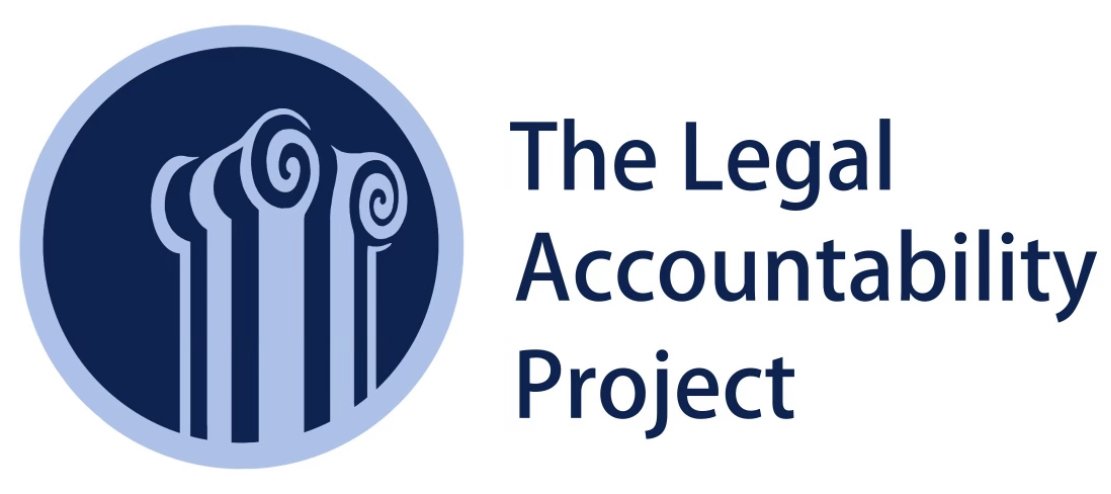A MESSAGE TO STATE JUDICIAL CONDUCT COMMISSIONS: DO BETTER.
A handful of litigants appear before federal judges each year – either as criminal defendants or complainants/respondents in large civil cases. Many more appear before state court judges – in family court, landlord/tenant disputes, state criminal matters, or local civil litigation. If a federal judge commits misconduct, litigants or attorneys who appear before the court, as well as law clerks and other judiciary employees who work within the court, can file judicial misconduct complaints under the Judicial Conduct and Disability Act. The prospects are grim – the vast majority of complaints are dismissed. However, at least the processes are clearly delineated, the judges who investigate complaints must issue findings of fact after reviewing them, and complainants have appeal rights – the absolute bare minimum due process.
But what do you do if you’re a state court litigant or law clerk and the judge you appear before – or work for – mistreats you? You can file a complaint with a state judicial conduct commission. Unfortunately, judicial conduct commissions are toothless. They are able to evade scrutiny over their activities and avoid accountability for mishandling judicial misconduct complaints.
The judicial conduct commission with which I’m most familiar is the D.C. Commission on Judicial Disabilities and Tenure (CJDT), the regulatory body for D.C. judges. D.C. judges are Article I judges who are Senate-confirmed for fifteen-year terms, and then basically rubber-stamped for reappointment by the same Commission tasked with investigating their misconduct.
After I experienced gender discrimination, harassment, and retaliation by the then-judge for whom I clerked, I filed a complaint with the CJDT, detailing both the mistreatment I experienced in chambers, and the outrageous negative reference he filed one year later with the D.C. U.S. Attorney’s Office (USAO), which led to the revocation of my job offer, statements that I would be denied a security clearance, and revocation of an interview offer. Unfortunately, I quickly discovered that judicial conduct commissions are set up to protect misbehaving judges, not mistreated law clerks.
During my first interview with the CJDT Special Counsel tasked with investigating my complaint, she spent several hours needling me about why I could not adjust to the judge’s unique work style of harassing me. She told me outrageous things like, I “must have done something wrong because the judge hired [me] in the first place.” Over the course of two interviews with the CJDT, I was not asked any questions about the then-judge’s negative reference, despite the fact that it was thoroughly detailed in my complaint, and it was my impetus for filing.
The CJDT is particularly ineffective. They have not released an annual report of the outcomes of judicial misconduct complaints since August 2018, documenting 2017’s activities. Their decision to withhold or conceal this information creates not only a lack of confidence in the CJDT, but also a lack of confidence in D.C. Courts judges as fair and neutral arbiters.
Attorneys – and the public – deserve a window into judicial complaints. They need to know they will receive a fair shake when they appear before judges, which is challenging when they have no insight into judges’ potential misconduct. Data transparency is the first step toward crafting solutions.
The CJDT’s limited public data in response to annual oversight questioning suggest that the vast majority of complaints are dismissed before or after a preliminary hearing. However, the CJDT has not promulgated any rules for how preliminary hearings should be conducted, beyond that they should be conducted “in a manner that the Commission sees fit.” This must change. The CJDT must provide clear timelines for reviewing complaints, providing updates, and issuing decisions. Furthermore, when complaints are dismissed, the CJDT should issue findings of fact. Complainants deserve to know why complaints have been dismissed. Complainants also deserve appeal rights. Currently, judges D.C. judges have appeal rights, but complainants do not. These basic recommendations would align CJDT processes with Judicial Conduct and Disability Act processes – the complaint process for Article III federal judges and some Article I federal judges.
Additionally, the CJDT Chair and Vice-Chair are current and former judge, creating the appearance of a lack of impartiality, since judges are notoriously unwilling to discipline their colleagues. There are only seven commissioners: in a group this small, the two leaders should not be affiliated with the judiciary.
Furthermore, the CJDT needs new blood – young people, women, and non-white attorneys – who understand the urgency of fostering real judicial accountability in the D.C. Courts. CJDT commissioners can be reappointed for multiple six-year terms, and several have served numerous six-year terms. Commissioners should not be eligible for reappointment. We need a fresh look at judicial accountability in D.C.’s local courts.
While I am particularly familiar with the D.C. CJDT’s failures, it is not unique among state judicial conduct commissions. I suspect the CJDT ranks far from the worst in terms of failure to investigate, let alone discipline, judicial misconduct.
State judicial conduct commissions are overseen by state governments’ judiciary committees and funded by state budgets, yet they are notoriously under-scrutinized. Sadly, the toxic messaging that judges can and should self-police has permeated the entire legal profession – not just the federal judiciary. State governments should take a hard look at their judicial conduct commissions’ annual activities – their clearance rates, outcomes of judicial misconduct complaints, rules and procedures, who sits on the commissions, and their data promulgation practices. Further scrutiny, and more accountability, are necessary.
The D.C. Council’s Judiciary and Public Safety Committee will hold its annual oversight hearing over the CJDT later this month: I look forward to proposing some urgently-needed reforms that the D.C. Council should implement this year. Litigants and law clerks should not be held hostage by political intransigence or the legal community’s unwillingness to police judicial misconduct.


